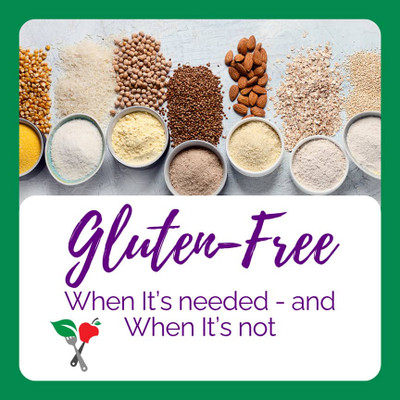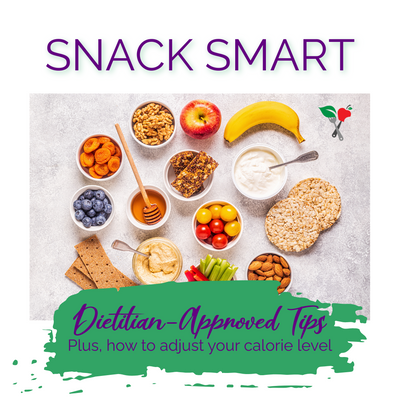Most of us are guilty of making some quite ambitious New Year’s resolutions. Weeks later, however, we find ourselves not keeping up with our goals. Improving the diet is a common and terrific goal to improve your overall health, but it can be a daunting task. Making small and attainable mini goals to improve diet is more achievable and realistic. Here are some mini diet goals that can have a huge impact on overall health and help you stick to as they are more attainable.
Try a New (Healthy!) Food Each Week
Rather than cutting out foods from your diet as with so many New Year’s resolutions, opt to add more healthy foods into your diet this year. Many of us don’t eat a varied enough diet, so ensure you are getting all the nutrients your body needs – as well as enhancing your enjoyment of food – by making a resolution to try a new, healthy food each week. Try hitting the fruit and veggie aisle first to sample some exotic fruit and vegetables you may have yet to try, such as dragon fruit, lychees, Romanesco (a cross between broccoli and cauliflower) and plantain to name a few more exotic varieties.
Eat More Fiber!
Current recommendations for fiber suggest consuming 25-35 grams per day, however most Americans consume only 11 grams per day on average. That is far from enough! Dietary fiber, found mainly in fruits, vegetables, whole grains and legumes, is probably best known for its ability to prevent or relieve constipation. But foods containing fiber can provide many other health benefits as well, such as helping to maintain a healthy weight and lowering your risk of diabetes and heart disease. On the contrary, the effects of not getting enough fiber includes increased risk of constipation, which could lead to hemorrhoids and possibly gastrointestinal cancers, increased risk of heart disease and increased risk of being overweight or obese. In order to get more fiber in the diet, try some of these tips: keep a bowl of fruit in sight at all times, sneak in your vegetables by pureeing and adding to sauces, eat fruit for dessert, go meatless on Mondays and snack on high-fiber foods like dried nuts and fruits.
Consume More Omega-3 Fatty Acids
Omega-3 fatty acids are a type of essential fatty acid that plays important roles in the body. But they cannot be produced by the body (hence the term essential), so they must be consumed. Research has shown us time and time again that Omega-3 Fatty Acids are beneficial to the body in several ways including helping to lower triglyceride levels, reduce arthritis due to anti-inflammatory properties, lower levels of depression, neurological development in infants, reduce key factors in asthma, reduce symptoms of ADHD, help protect against Alzheimer’s and dementia, as well as protect against numerous types of cancer. Foods highest in Omega-3 fatty acids include tuna, mackerel, and salmon. But vegetarians can get a hefty dose of Omega-3’s too by consuming plenty of flax seeds, chia seeds and walnuts.
Check out the Seattle Sutton Blog for additional tips on how to live a healthier lifestyle this upcoming year. Make sure to start the year off on the right foot with a healthy meal plan from Seattle Sutton, let us take the hassle out of eating healthy. Happy New Year!
Start Your Healthy Journey Today!
Order NowFind More By Category








 Weight Loss
Weight Loss Health & Wellness
Health & Wellness Diabetes
Diabetes Heart Health
Heart Health Motherhood & Family
Motherhood & Family Dietary Restriction
Dietary Restriction Other Health Conditions
Other Health Conditions About SSHE
About SSHE


